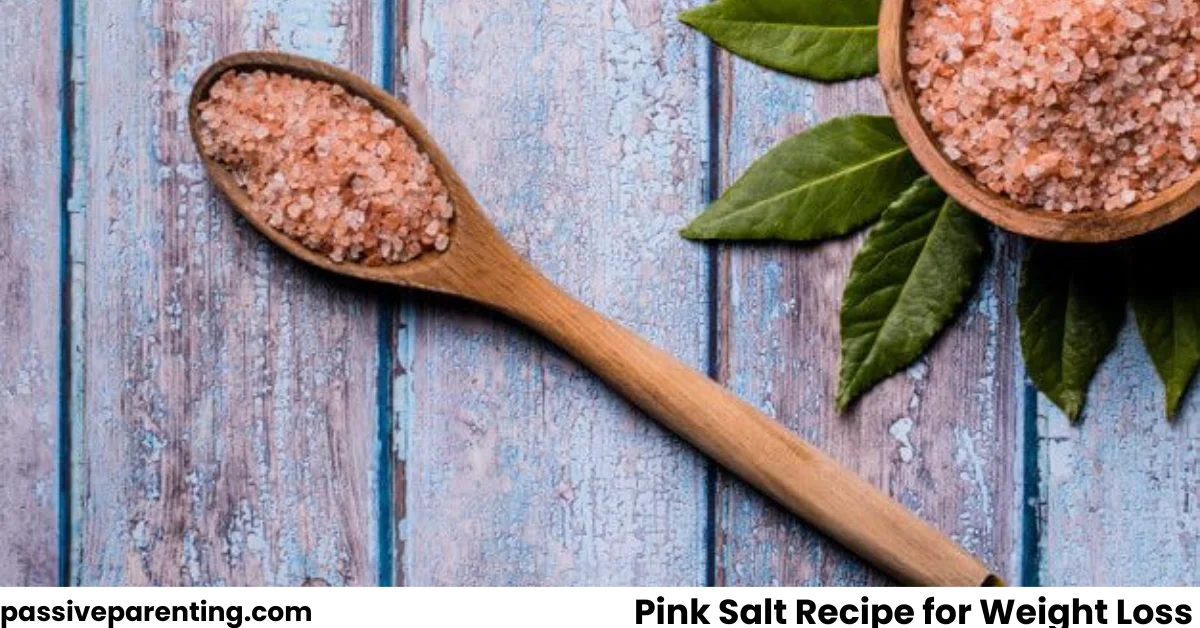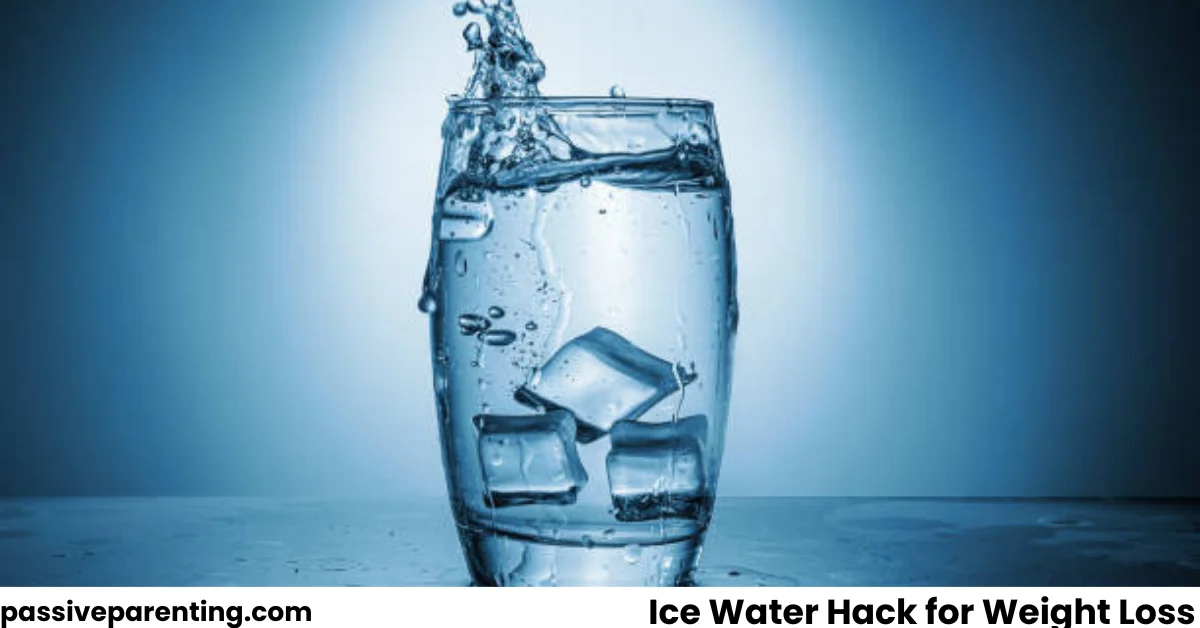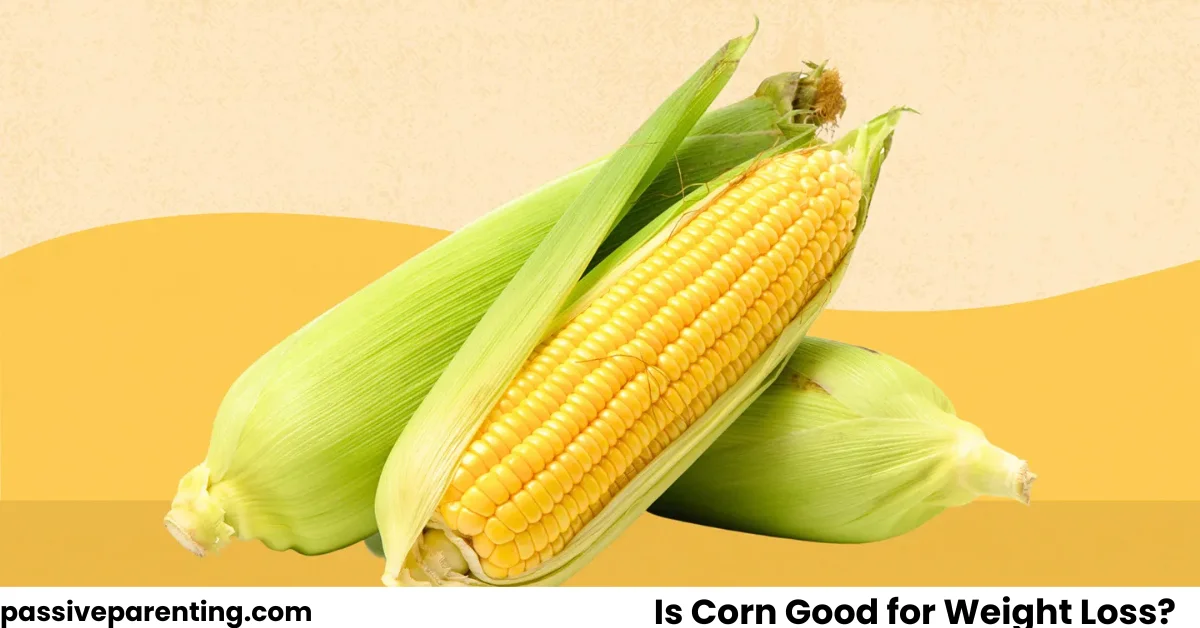Pink Himalayan salt, mined from Pakistan is often praised for its trace minerals and claimed health benefits. Lately, it’s appeared in wellness recipes, detox drinks, and weight loss routines. The idea of a pink salt recipe for weight loss hinges on improved hydration, electrolyte balance, and possibly reduced bloating. But how much of this is true? This article gives you an evidence-based view: what pink salt really does, safe recipes, and how to use it as part of a healthy plan.
What Makes Pink Himalayan Salt Unique
Pink salt contains mainly sodium chloride but also includes small amounts of minerals like potassium, magnesium, and calcium. These contribute to the pink color and may offer minor benefits when compared to refined table salt.
- According to nutritional analyses, these trace minerals exist in very small amounts, not enough alone to cause large health effects or weight loss.
- Major health organizations still focus on total sodium intake, regardless of whether salt is “pink” or table.
Understanding what’s likely real vs what’s marketing will help you make smarter choices.
Understanding Weight Loss: Hydration, Sodium, and Bloating
Weight loss is more than burning fat, it includes managing water retention, keeping electrolytes balanced, and reducing unnecessary calorie intake.
- Hydration helps with metabolism and reduces mistaken hunger cues. When dehydrated, people often confuse thirst with hunger.
- Excess sodium, especially from processed foods, promotes water retention; people often feel “bloating,” which may look like weight gain but isn’t the same as fat gain.
- Digestive function plays a role: good hydration plus minerals can support digestion, reducing constipation and bloat.
Pink salt recipes attempt to leverage these factors; hydrate more effectively, reduce processed sodium intake, and support digestion.
What the Research Says
There is limited direct research on pink salt recipes for weight loss. However, related findings help set realistic expectations.
- According to Harvard T.H. Chan School of Public Health, reducing sodium intake can reduce water retention and temporary weight gain caused by excess fluid. But the effect is minor and depends on overall diet.
- The National Institute of Diabetes and Digestive and Kidney Diseases (NIDDK) emphasizes that hydration helps with digestion and supports weight management, but they do not endorse any specific salt-based drink as a weight loss tool.
- Studies about electrolyte solutions show benefits in rehydration after exercise or illness; these help restore fluid balance and reduce discomfort but aren’t fat-burners.
- The American Heart Association warns that even “natural” salts like pink Himalayan salt are still mostly sodium chloride and contribute to total sodium load. High sodium intake is linked to high blood pressure and cardiovascular risk.
- Research published in Journal of Clinical Nutrition indicates that pre-meal water reduces calorie intake modestly among some groups; this supports hydration as a useful strategy.
In sum: pink salt drinks may help with hydration and bloating, but do not expect large or direct fat burning from them alone. They are supporting tools, not primary weight loss drivers.
Safe and Effective Pink Salt Recipes for Weight Management
Here are practical and safe pink salt recipe ideas that can be part of your wellness routine. Always take care with portions and frequency.
| Recipe | Ingredients | Preparation | Best Time to Drink | Key Notes |
|---|---|---|---|---|
| Morning Hydration Water | 8-12 oz water, ¼ tsp pink salt, squeeze of lemon | Mix and stir until salt dissolves | Right after waking up | Good for hydration; lemon adds flavor; dilute acids to protect teeth |
| Electrolyte Refresher | Water (12-16 oz), pink salt pinch, small dash of magnesium powder, optional coconut water | Stir well | After exercise or during hot weather | Helps with replenishing minerals; avoid high sugar in coconut water |
| Digestive Aid Drink | Warm water (not hot), pink salt pinch, ginger slice | Let ginger infuse; drink slowly | Before meals or mid-morning | Ginger may ease digestion; watch stomach sensitivity |
| Evening Calm Drink | Room temperature water, ¼ tsp pink salt, two cucumber slices | Infuse briefly; sip | 1-2 hours before bed | Mild hydration; avoid acidic additives near bedtime |
How Much Pink Salt to Use Safely
- Use no more than a small pinch per drink (~0.25 tsp) when mixed with at least 8-12 ounces of water.
- Don’t replace all salt in your diet with pink salt expecting magic—monitor total daily sodium.
- Avoid recipes with salty add-ons or overuse of mineral salts; too much sodium can hamper weight goals and health.
When It Helps (and When It Doesn’t)
Potential Benefits
- Reduced bloating: Cutting processed food and replacing with clean hydration can reduce fluid retention.
- Improved digestion: Gentle hydration plus mineral content can help motility and reduce constipation.
- Better adherence to healthy routines: A flavored water can make drinking enough water more pleasant, which aids overall weight loss.
Limitations & Misconceptions
- Pink salt doesn’t “burn fat” by itself. Fat loss comes from calorie deficit, exercise, sleep, protein intake.
- Any weight drop from water loss (reducing bloating) is temporary. If you go back to high-sodium, processed food, water retention returns.
- Some “detox” claims are overblown. The body naturally handles waste; no salt drink “flushes toxins” magically.
Integrating Pink Salt Recipes Into a Healthy Lifestyle
To get meaningful results, weave these recipes into a foundation of proven practices:
- Balanced meals with good protein, fiber, vegetables.
- Consistent hydration, throughout the day not just with morning drinks.
- Regular physical activity, including strength and cardio.
- Adequate sleep and stress management (sleep loss and stress raise cortisol, which influences water retention).
- Mindful eating, paying attention to when you feel full vs just thirsty.
When the pink salt drink becomes a small, enjoyable part of a broader habit chain (hydration → better breakfast → morning movement), the cumulative effect is powerful.
Safety & Precautions: What to Watch Out For
Pink salt is beautiful and natural-feeling, but it still behaves like sodium. Too much can have unwanted effects.
- High blood pressure or heart conditions: Excess sodium raises blood pressure. If you have hypertension or heart disease, limit added salt in drinks.
- Kidney disorders: Kidneys filter sodium; if function is reduced, extra salt might strain them.
- Pregnancy: Some extra fluids/mineral balance can matter, but always get approval for salt or electrolyte drinks with added minerals.
- Digestive issues or ulcers: Lemon or acidic ingredients can irritate; ginger can help some, irritate others. Start small.
- Dental health: Acidic ingredients plus salt can erode enamel. Use a straw, rinse mouth after drinks, wait before brushing.
Conclusion
A pink salt recipe for weight loss can be a useful tool, not as a miracle cure, but as part of a smarter hydration and digestion strategy. When used safely, with mild salt amounts, and combined with good nutrition, regular movement, and restful sleep, pink salt drinks might help reduce bloating, support digestion, and improve overall hydration. Don’t expect overnight transformations, but with consistency and awareness, these simple recipes can become helpful habits.




